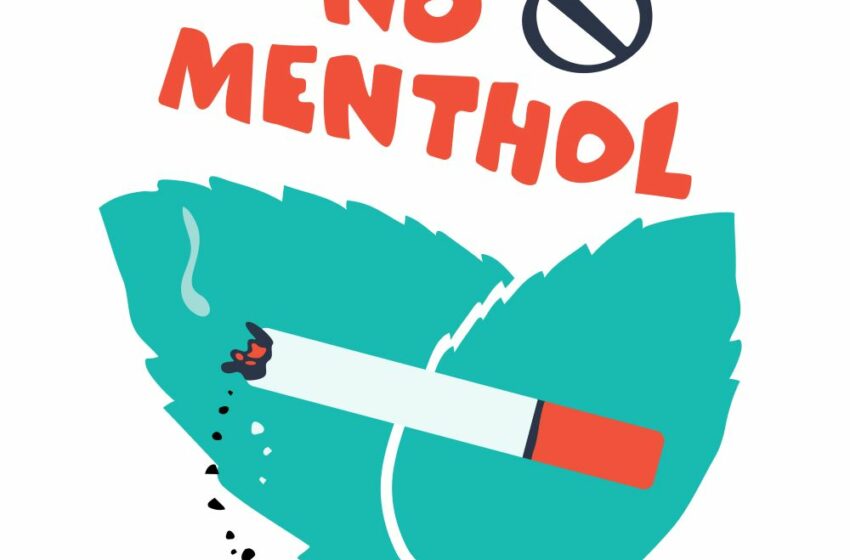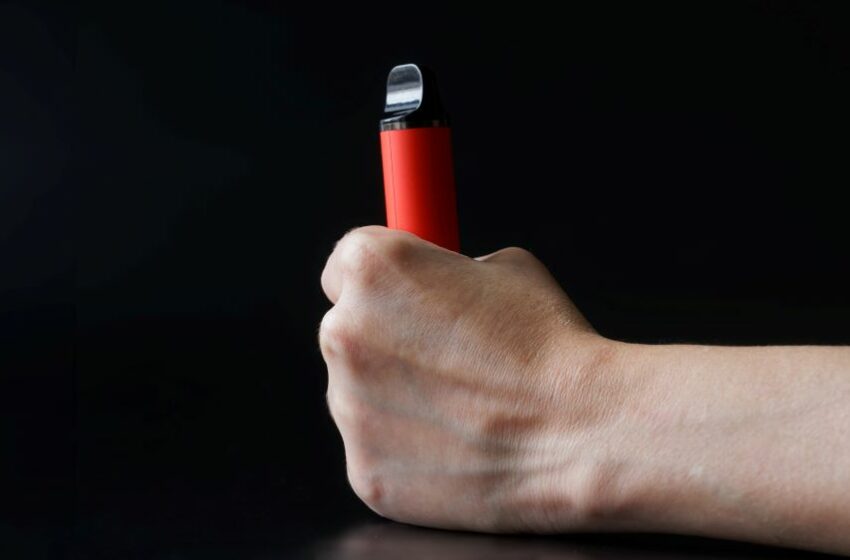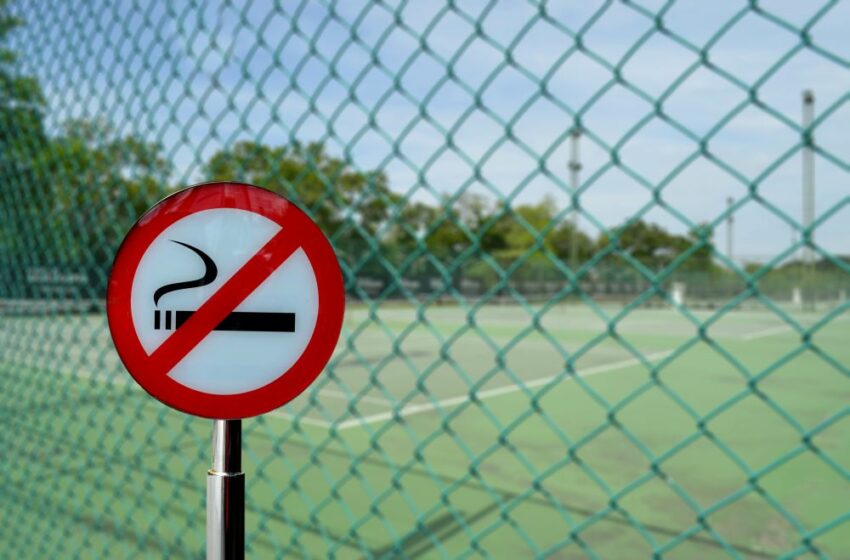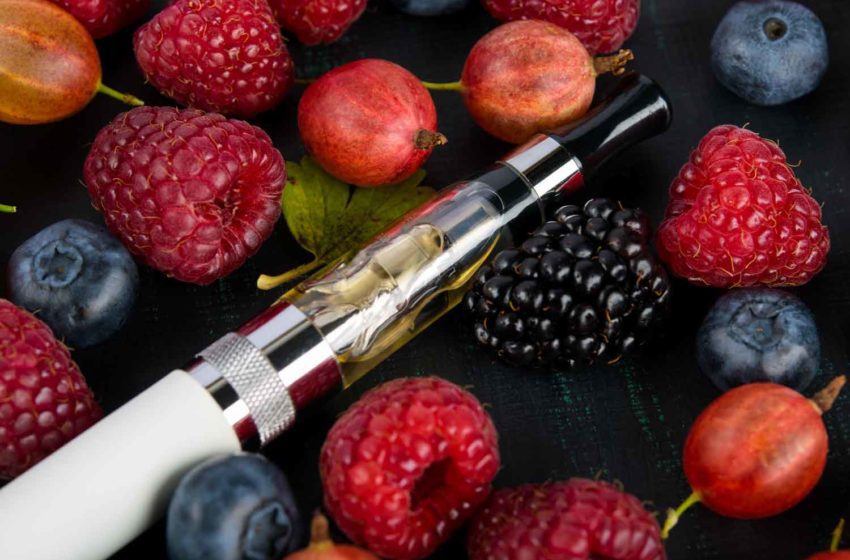123 organizations placed a full-page ad and issued a joint statement on the matter. Read More
Tags :ban
Also included are higher fines for selling to those underage and review of retailer licensing. Read More
The news has left many angry, with calls for “SWEXIT” if the proposal passes.Read More
The prime minister is mulling measures similar to those recently passed in New Zealand. Read More
But certain accommodation, recreational and camping areas are exempted. Read More
The decision also calls for legal HTPs on the market to include warning labels on packaging. Read More
The government is expected to prioritize passage of the bill through the Oireachtas.Read More
The country's parliament could vote on the bill before the end of the month. Read More
Azerbaijan has implemented a ban on GMO tobacco, according to a story in the AzerNews. In addition to GMO tobacco, no GMO wine or cotton products can be imported to Azerbaijan or produced in the Read More
Singapore will ban emerging tobacco products—those that are not currently available in Singapore as well as existing products in the local market—beginning Dec. 15, the ministry of health announced on June 15. The ban is Read More








